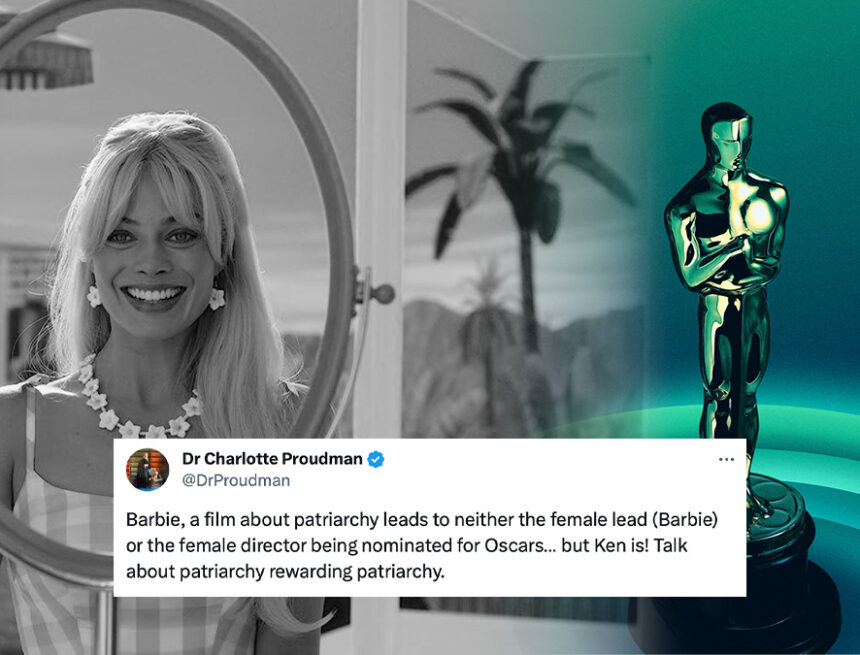
Barbie’s 2024 Oscar nominations draw mixed reactions with notable snubs and unexpected picks.
The world of Hollywood and the Oscars is a place where every film dreams of walking the honorary red carpet and every producer wants a chance to grasp the coveted glittering trophy. But not every trip to the Oscars goes according to plan, as shown in the unexpected detour of the highly anticipated movie, ‘Barbie’.
The film’s critical reception could be an obstacle in Barbie’s 2024 Oscar journey. Initial evaluations suggested that the narrative lacked cohesion and struggled to strike the right balance between fantasy and reality. The film, meant to grandstand Barbie’s development in a cutting edge world, confronted analysis for not diving profoundly enough into the intricacies of her personality and the cultural assumptions she addresses.
The announcement that Barbie, the legendary doll of the ages, was scheduled to make her big-screen debut created a frenzy that reverberated across both cinema and toy ventures. The job was recognised for its innovative concept as well as its potential to target a large audience group. Nonetheless, as the Oscars approached, it became clear that Barbie’s path to the coveted grant service had encountered a few unexpected roadblocks.
Probable Roadblocks Faced by Barbie
One of the essential difficulties looked by “Barbie” was the difficult exercise of satisfying both nostalgic devotees of the exemplary doll and drawing in a contemporary crowd. The underlying fervor encompassing the film’s declaration immediately transformed into incredulity as fans addressed whether the variation would stay consistent with the substance of Barbie while offering a new and pertinent story.
The casting choice was also questioned. The choice sparked debates about the importance of diversity and representation in Hollywood, despite the fact that the lead actress was a well-known talent. A few pundits contended that the film botched a valuable chance to split away from conventional projecting decisions and investigate a more comprehensive methodology, particularly taking into account Barbie’s worldwide allure.
Additionally, the delivery timing ended up being a blade that cuts both ways. “Barbie” entered a competitive market, competing against Oscar hopefuls with more seasoned directors and established production companies. Moreover, the Oscars are famous for leaning toward films with serious areas of strength for an or political message. Barbie, notwithstanding being a notorious figure, attempted to secure itself as a vehicle for conveying a convincing social editorial or resolving significant issues. This absence of a more profound topical layer could have upset the film’s possibilities resounding with the Foundation’s democratic body.
As the Oscars night drew nearer, the shortfall of significant designations for “Barbie” turned out to be more clear. The film’s path to the Oscars demonstrated the myriad obstacles that can prevent a project that appears to be on the cusp of success from reaching the pinnacle of cinematic recognition, despite the fact that it was successful in generating buzz and excitement during its announcement.
The Hollywood scene is always changing, and “Barbie’s” trip to the Oscars shows that even the most famous characters have to go through a crazy set of problems to get to the best part of the show. While the doll may continue to spark people’s imaginations and creativity for years to come, her path to the Oscars shows the delicate balance that moviemakers need to find between nostalgia and progress in order to leave a lasting mark on the serious world of film.
Oscars List of Nominations Read
Best Picture
American Fiction (Ben LeClair, Nikos Karamigios, Cord Jefferson and Jermaine Johnson, Producers)
Anatomy of a Fall (Marie-Ange Luciani and David Thion, Producers)
Barbie (David Heyman, Margot Robbie, Tom Ackerley and Robbie Brenner, Producers)
The Holdovers (Mark Johnson, Producer)
Killers of the Flower Moon (Dan Friedkin, Bradley Thomas, Martin Scorsese and Daniel Lupi, Producers)
Maestro (Bradley Cooper, Steven Spielberg, Fred Berner, Amy Durning and Kristie Macosko Krieger, Producers)
Oppenheimer (Emma Thomas, Charles Roven and Christopher Nolan, Producers)
Past Lives (David Hinojosa, Christine Vachon and Pamela Koffler, Producers)
Poor Things (Ed Guiney, Andrew Lowe, Yorgos Lanthimos and Emma Stone, Producers)
The Zone of Interest (James Wilson, Producer)
Best Directing
Justine Triet (Anatomy of a Fall)
Martin Scorsese (Killers of the Flower Moon)
Christopher Nolan (Oppenheimer)
Yorgos Lanthimos (Poor Things)
Jonathan Glazer (The Zone of Interest)
Best Actor in a Leading Role
Bradley Cooper (Maestro)
Colman Domingo (Rustin)
Paul Giamatti (The Holdovers)
Cillian Murphy (Oppenheimer)
Jeffrey Wright (American Fiction)
Best Actress in a Leading Role
Annette Bening (Nyad)
Lily Gladstone (Killers of the Flower Moon)
Sandra Hüller (Anatomy of a Fall)
Carey Mulligan (Maestro)
Emma Stone (Poor Things)
Best Actor in a Supporting Role
Sterling K. Brown (American Fiction)
Robert De Niro (Killers of the Flower Moon)
Robert Downey Jr. (Oppenheimer)
Ryan Gosling (Barbie)
Mark Ruffalo (Poor Things)
Best Actress in a Supporting Role
Emily Blunt (Oppenheimer)
Danielle Brooks (The Color Purple)
America Ferrera (Barbie)
Jodie Foster (Nyad)
Da’Vine Joy Randolph (The Holdovers)
Best Writing (Adapted Screenplay)
American Fiction (Written for the screen by Cord Jefferson)
Barbie (Written by Greta Gerwig & Noah Baumbach)
Oppenheimer (Written for the screen by Christopher Nolan)
Poor Things (Screenplay by Tony McNamara)
The Zone of Interest (Written by Jonathan Glazer)
Best Writing (Original Screenplay)
Anatomy of a Fall (Screenplay by Justine Triet and Arthur Harari)
The Holdovers (Written by David Hemingson)
Maestro (Written by Bradley Cooper & Josh Singer)
May December (Screenplay by Samy Burch; Story by Samy Burch & Alex Mechanik)
Past Lives (Written by Celine Song)
Best Animated Feature
The Boy and the Heron (Hayao Miyazaki and Toshio Suzuki)
Elemental (Peter Sohn and Denise Ream)
Nimona (Nick Bruno, Troy Quane, Karen Ryan and Julie Zackary)
Robot Dreams (Pablo Berger, Ibon Cormenzana, Ignasi Estapé and Sandra Tapia Díaz)
Spider-Man: Across the Spider-Verse (Kemp Powers, Justin K. Thompson, Phil Lord, Christopher Miller and Amy Pascal)
Best Documentary Feature Film
Bobi Wine: The People’s President (Moses Bwayo, Christopher Sharp and John Battsek)
The Eternal Memory (Nominees to be determined)
Four Daughters (Kaouther Ben Hania and Nadim Cheikhrouha)
To Kill a Tiger (Nisha Pahuja, Cornelia Principe and David Oppenheim)
20 Days in Mariupol (Mstyslav Chernov, Michelle Mizner and Raney Aronson-Rath)
Best International Feature Film
Io Capitano (Italy)
Perfect Days (Japan)
Society of the Snow (Spain)
The Teacher’s Lounge (Germany)
The Zone of Interest (United Kingdom)
Best Animated Short Film
Letter to a Pig (Tal Kantor and Amit R. Gicelter)
Ninety-Five Senses (Jerusha Hess and Jared Hess)
Our Uniform (Yegane Moghaddam)
Pachyderme (Stéphanie Clément and Marc Rius)
War Is Over! Inspired by the Music of John & Yoko (Dave Mullins and Brad Booker)
Best Live-Action Short Film
The After (Misan Harriman and Nicky Bentham)
Invincible (Vincent René-Lortie and Samuel Caron)
Knight of Fortune (Lasse Lyskjaer Noer and Christian Norlyk)
Red, White and Blue (Nazrin Choudhury and Sara McFarlane)
The Wonderful Story of Henry Sugar (Wes Anderson and Steven Rales)
Best Documentary Short Film
The ABCs of Book Banning (Sheila Nevins and Trish Adlesic)
The Barber of Little Rock (John Hoffman and Christine Turner)
Island in Between (S. Leo Chiang and Jean Tsien)
The Last Repair Shop (Ben Proudfoot and Kris Bowers)
Nǎi Nai & Wài Pó (Sean Wang and Sam Davis)
Best Cinematography
El Conde (Edward Lachman)
Killers of the Flower Moon (Rodrigo Prieto)
Maestro (Matthew Libatique)
Oppenheimer (Hoyte van Hoytema)
Poor Things (Robbie Ryan)
Best Costume Design
Barbie (Jacqueline Durran)
Killers of the Flower Moon (Jacqueline West)
Napoleon (Janty Yates and Dave Crossman)
Oppenheimer (Ellen Mirojnick)
Poor Things (Holly Waddington)
Best Makeup and Hairstyling
Golda (Karen Hartley Thomas, Suzi Battersby and Ashra Kelly-Blue)
Maestro (Kazu Hiro, Kay Georgiou and Lori McCoy-Bell)
Oppenheimer (Luisa Abel)
Poor Things (Nadia Stacey, Mark Coulier and Josh Weston)
Society of the Snow (Ana López-Puigcerver, David Martí and Montse Ribé)
Best Original Song
“The Fire Inside” from Flamin’ Hot (Music and Lyric by Diane Warren)
“I’m Just Ken” from Barbie (Music and Lyric by Mark Ronson and Andrew Wyatt)
“It Never Went Away” from American Symphony (Music and Lyric by Jon Batiste and Dan Wilson)
“Wahzhazhe (A Song for My People)” from Killers of the Flower Moon (Music and Lyric by Scott George)
“What Was I Made For?” from Barbie (Music and Lyric by Billie Eilish and Finneas O’Connell)
Best Original Score
American Fiction (Laura Karpman)
Indiana Jones and the Dial of Destiny (John Williams)
Killers of the Flower Moon (Robbie Robertson)
Oppenheimer (Ludwig Göransson)
Poor Things (Jerskin Fendrix)
Best Production Design
Barbie (Production Design: Sarah Greenwood; Set Decoration: Katie Spencer)
Killers of the Flower Moon (Production Design: Jack Fisk; Set Decoration: Adam Willis)
Napoleon (Production Design: Arthur Max; Set Decoration: Elli Griff)
Oppenheimer (Production Design: Ruth De Jong; Set Decoration: Claire Kaufman)
Poor Things (Production Design: James Price and Shona Heath; Set Decoration: Zsuzsa Mihalek)
Best Film Editing
Anatomy of a Fall (Laurent Sénéchal)
The Holdovers (Kevin Tent)
Killers of the Flower Moon (Thelma Schoonmaker)
Oppenheimer (Jennifer Lame)
Poor Things (Yorgos Mavropsaridis)
Best Sound
The Creator (Ian Voigt, Erik Aadahl, Ethan Van der Ryn, Tom Ozanich and Dean Zupancic)
Maestro (Steven A. Morrow, Richard King, Jason Ruder, Tom Ozanich and Dean Zupancic)
Mission: Impossible — Dead Reckoning Part One (Chris Munro, James H. Mather, Chris Burdon and Mark Taylor)
Oppenheimer (Willie Burton, Richard King, Gary A. Rizzo and Kevin O’Connell)
The Zone of Interest (Tarn Willers and Johnnie Burn)
Best Visual Effects
The Creator (Jay Cooper, Ian Comley, Andrew Roberts and Neil Corbould)
Godzilla: Minus One (Takashi Yamazaki, Kiyoko Shibuya, Masaki Takahashi and Tatsuji Nojima)
Guardians of the Galaxy Vol. 3 (Stephane Ceretti, Alexis Wajsbrot, Guy Williams and Theo Bialek)
Mission: Impossible — Dead Reckoning, Part One (Alex Wuttke, Simone Coco, Jeff Sutherland and Neil Corbould)
Napoleon (Charley Henley, Luc-Ewen Martin-Fenouillet, Simone Coco and Neil Corbould)
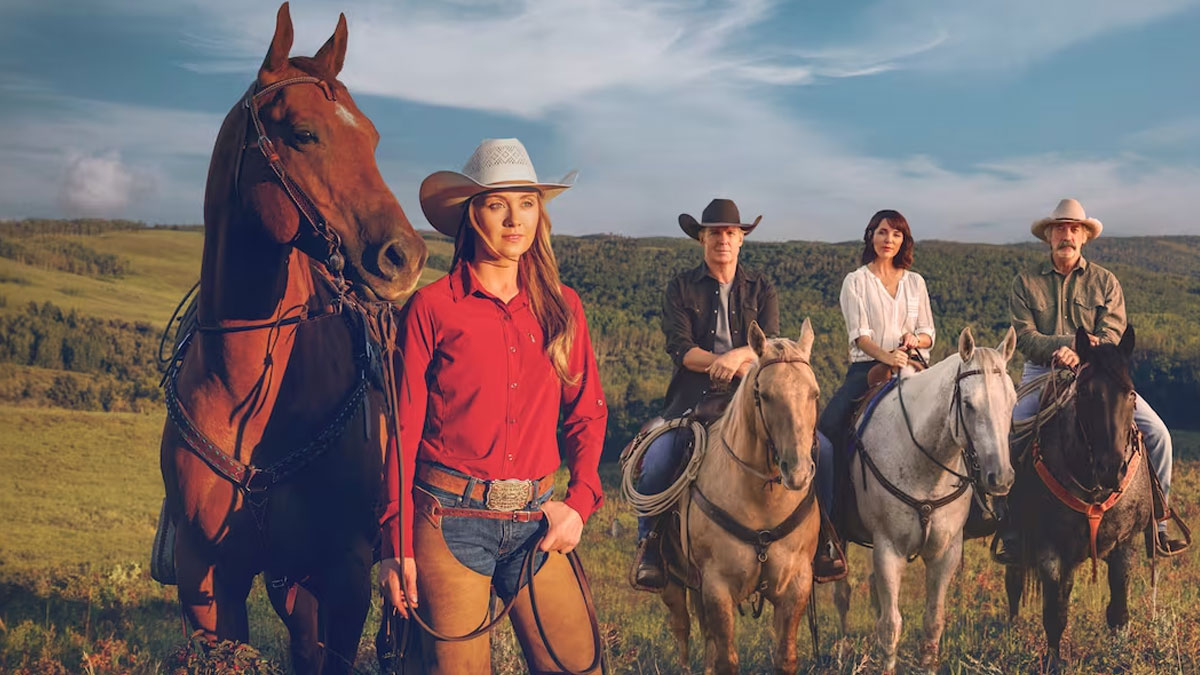

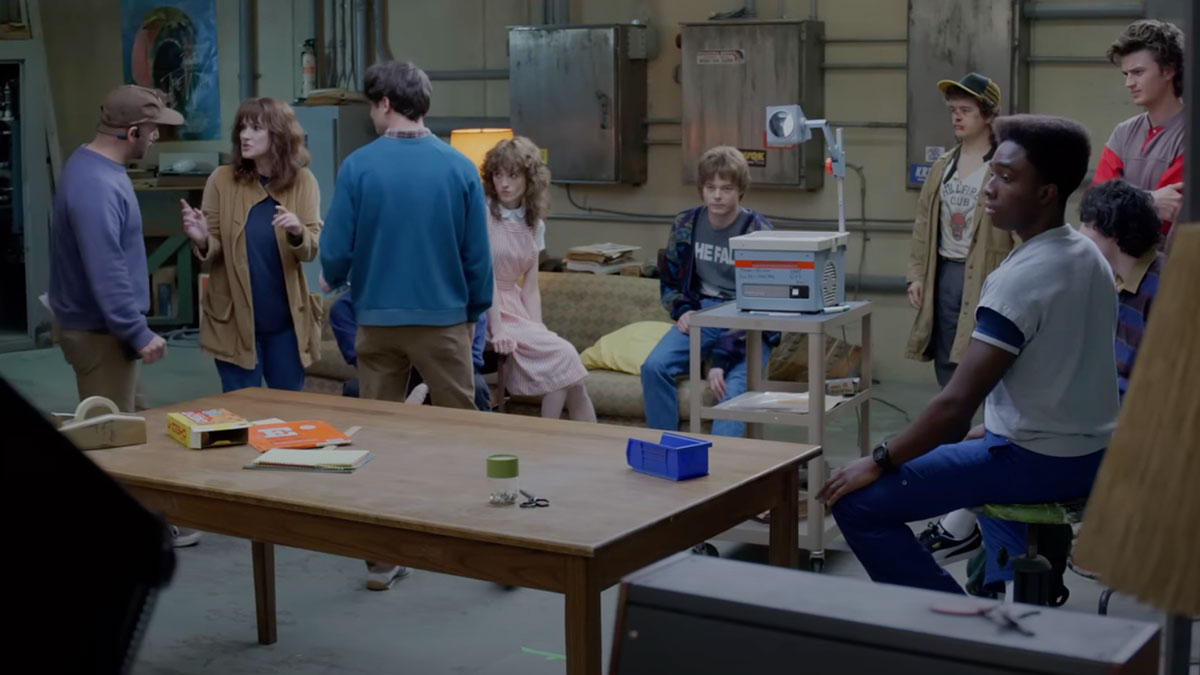



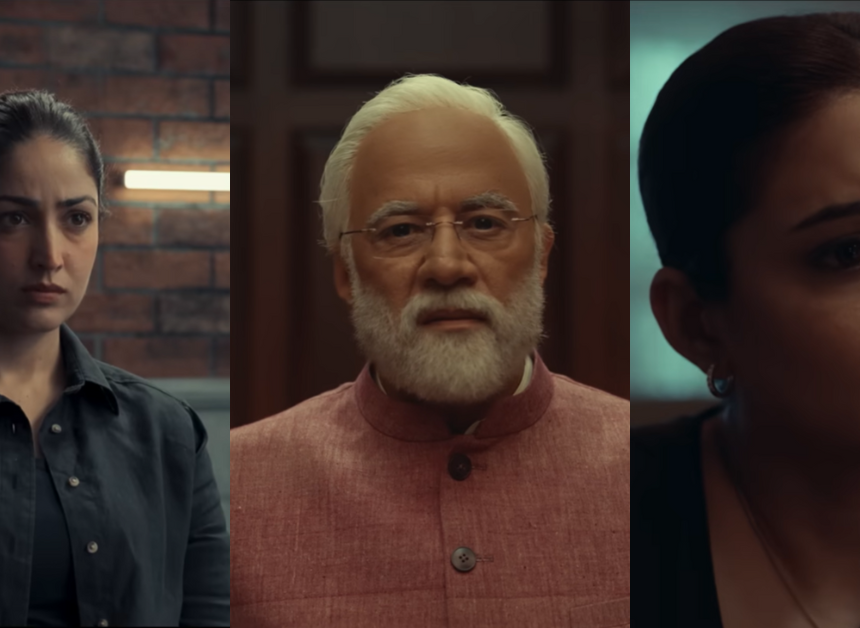


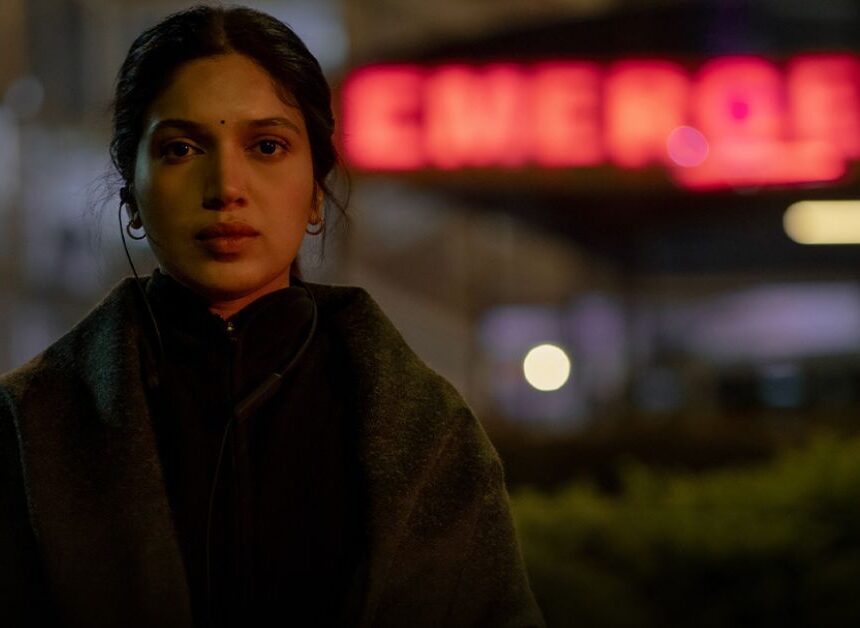
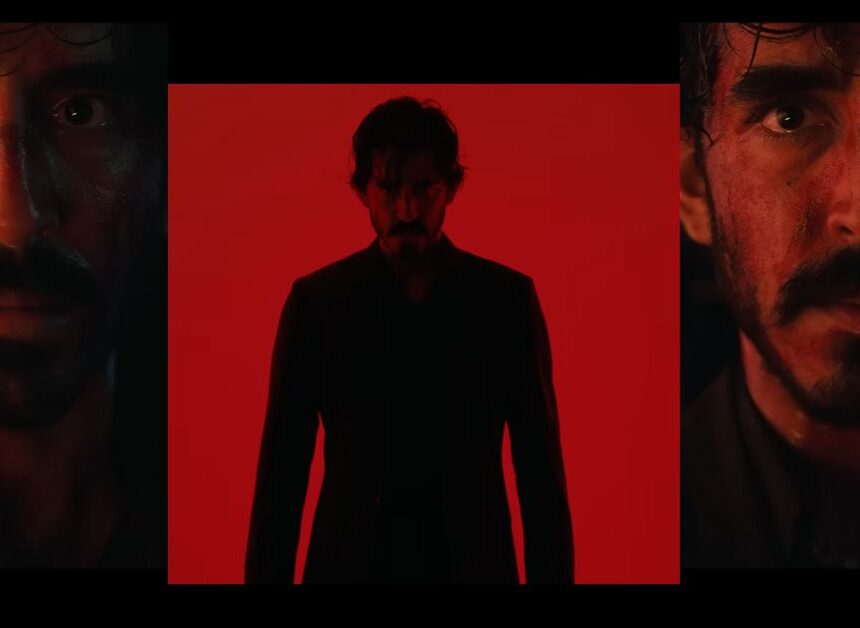
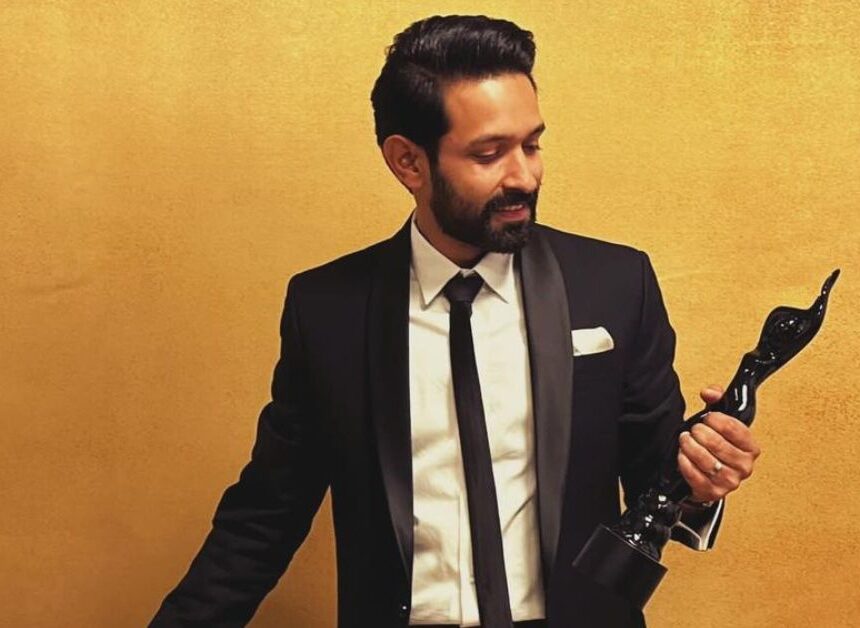
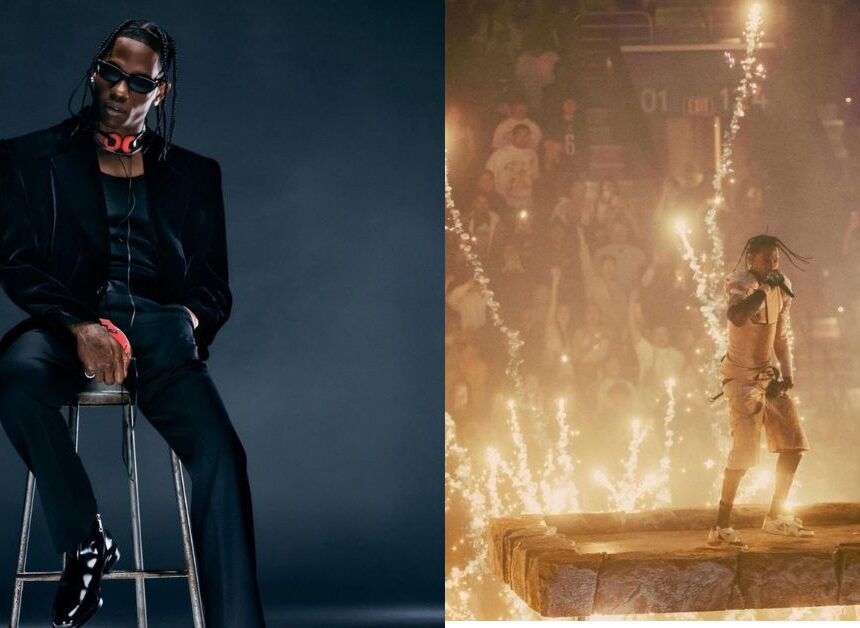
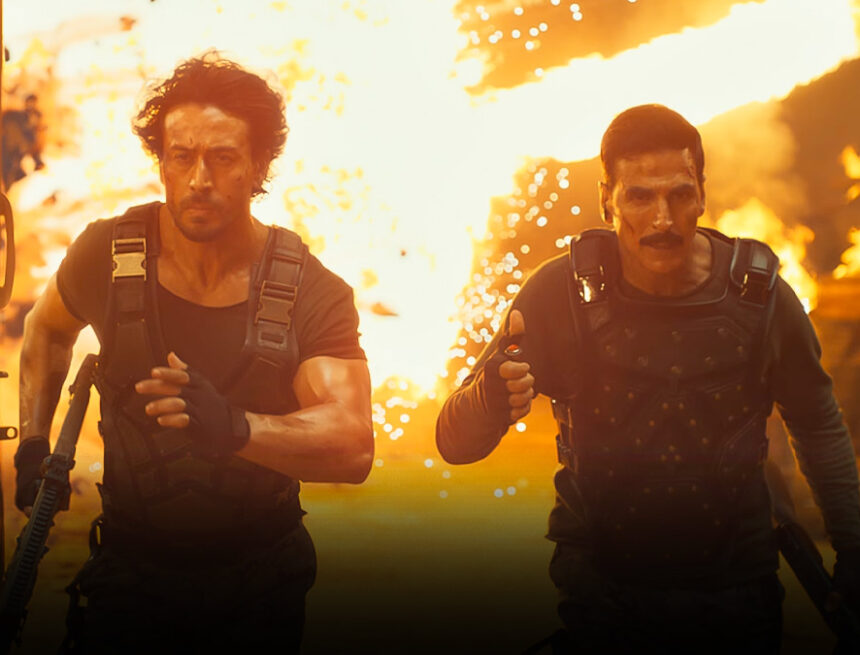
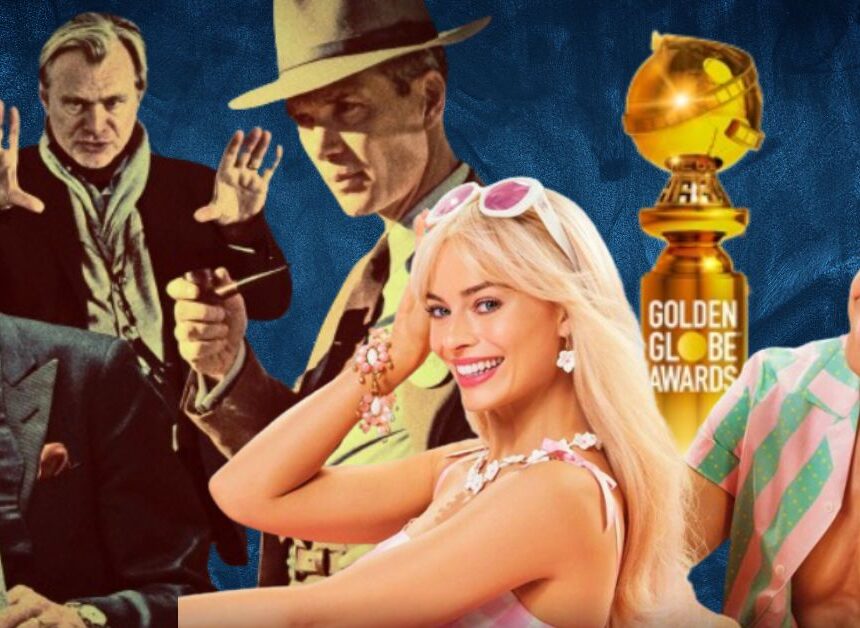
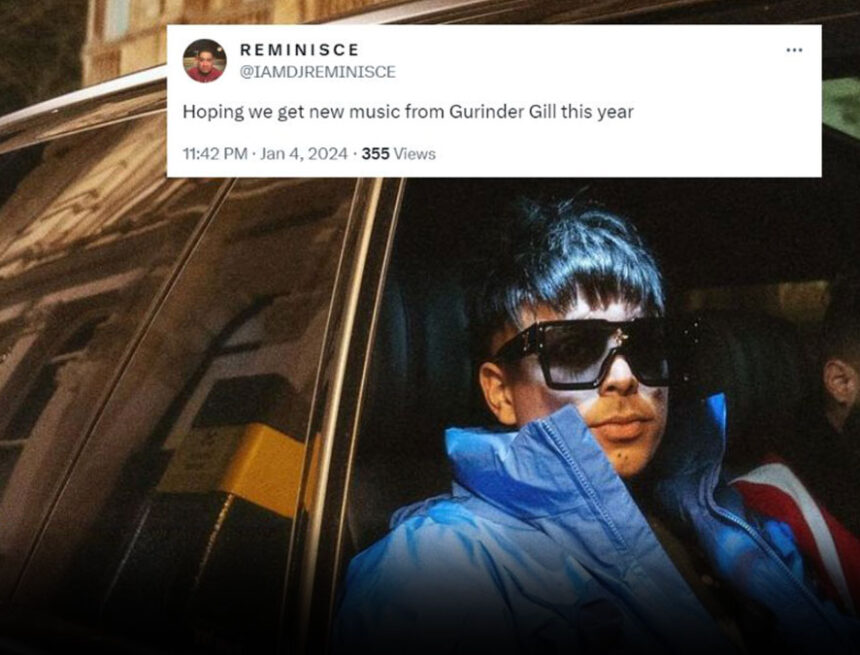

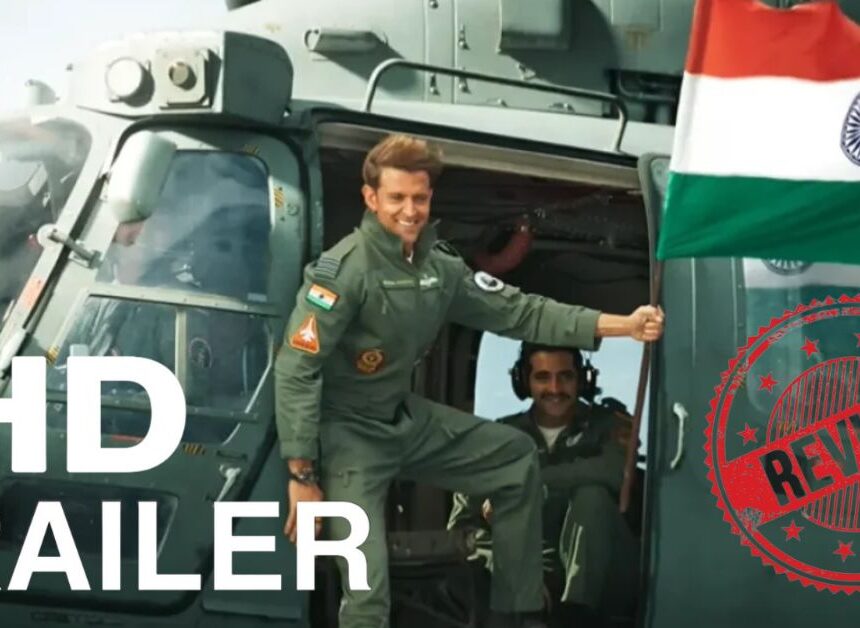
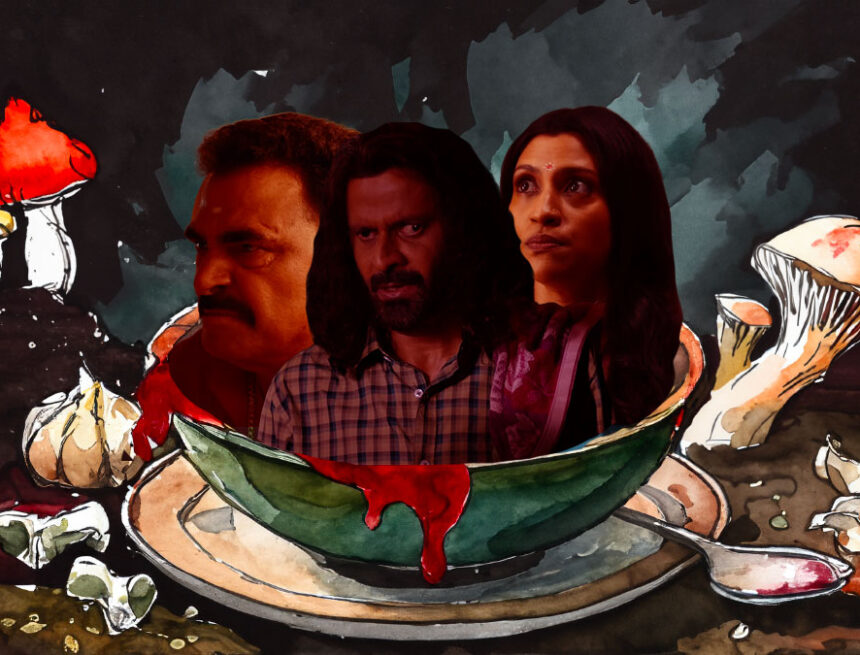
Content for your website https://zetds.seychellesyoga.com/info
This article offers a fascinating perspective on the subject. The depth of research and clarity in presentation make it a valuable read for anyone interested in this topic. It’s refreshing to see such well-articulated insights that not only inform but also provoke thoughtful discussion. I particularly appreciated the way the author connected various aspects to provide a comprehensive understanding. It’s clear that a lot of effort went into compiling this piece, and it certainly pays off. Looking forward to reading more from this author and hearing other readers’ thoughts. Keep up the excellent work!